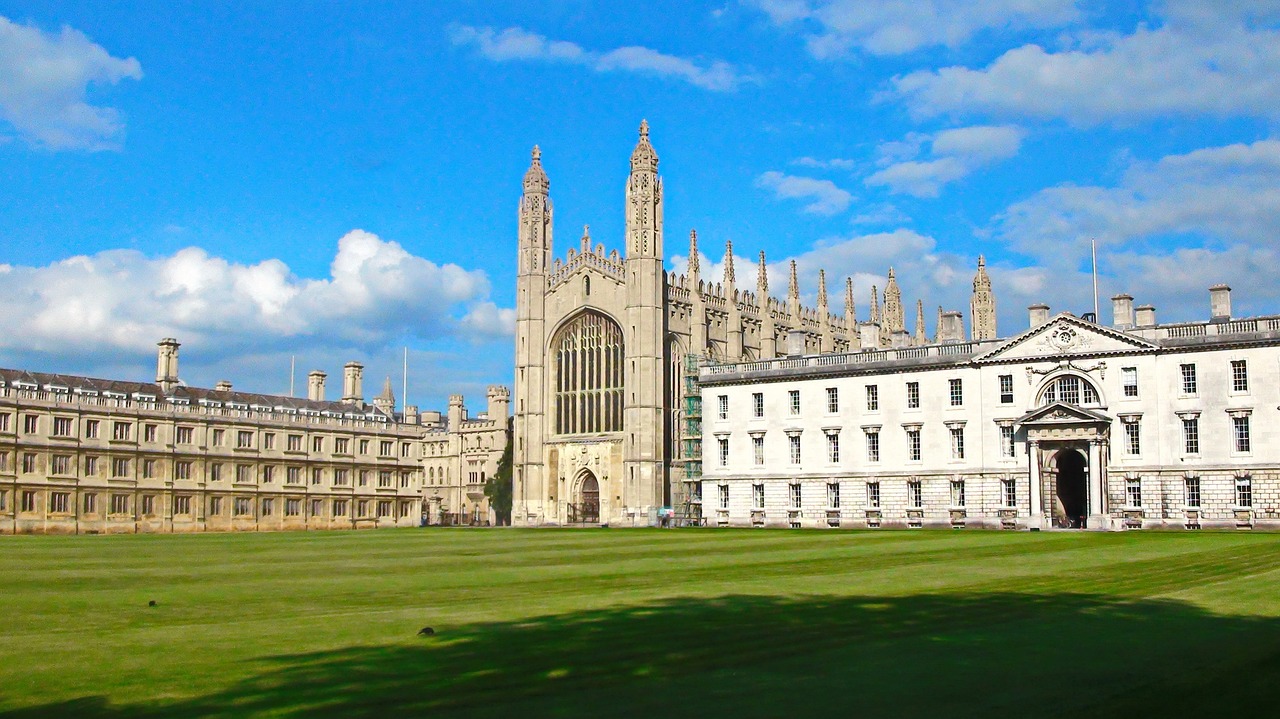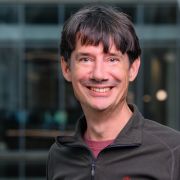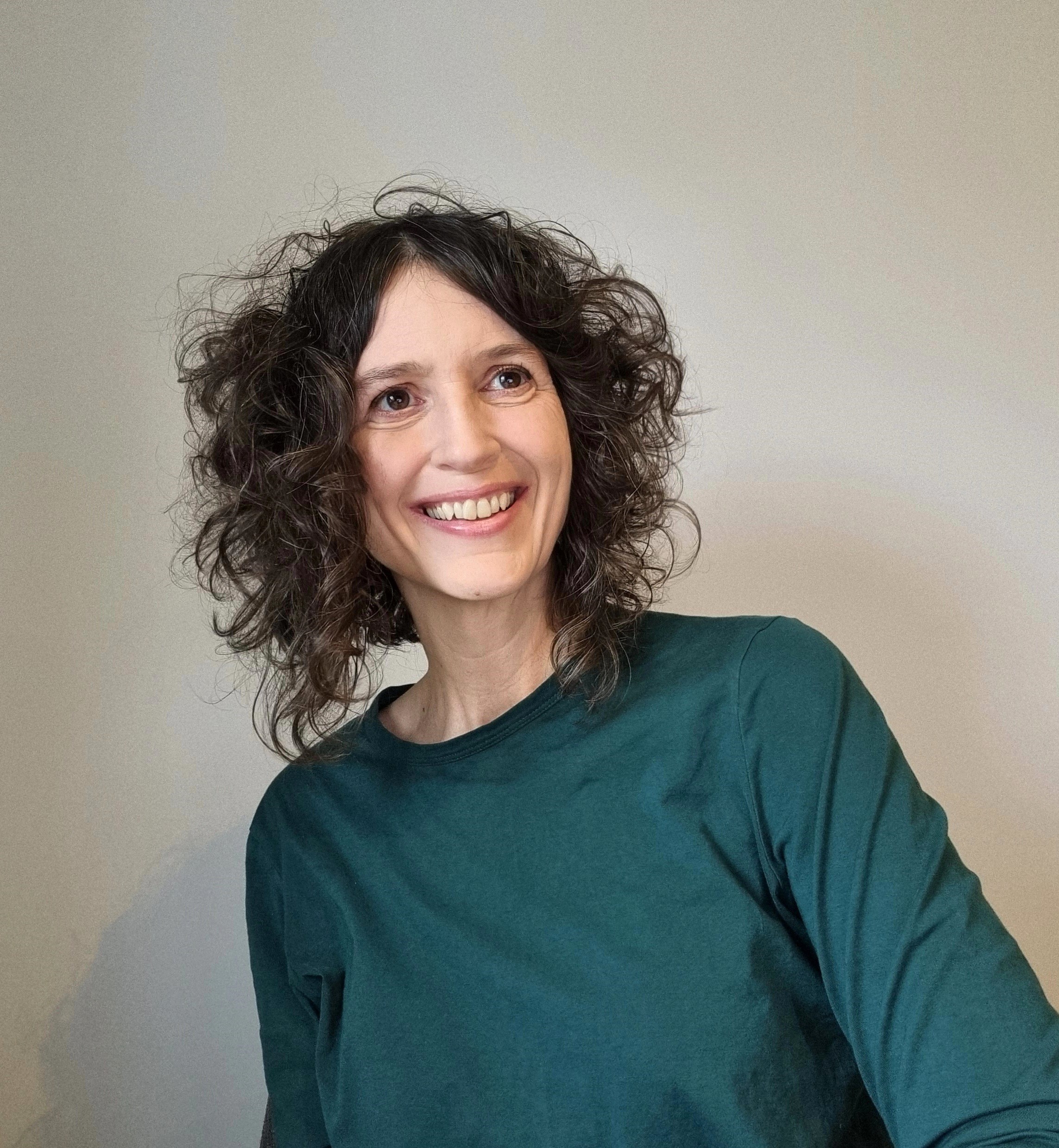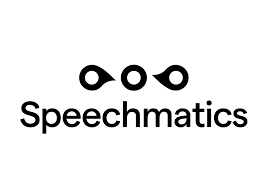UK and Ireland Speech Workshop 2024
01-02 July 2024 | Cambridge, United Kingdom

Overview
Welcome! UKIS Speech 2024 will be held at the University of Cambridge from 1st to 2nd of July 2024.
The UK and Ireland Speech Workshop aims to bring together researchers within the UK and Ireland’s Speech Science and Speech Technology community, both in academia and industry. Our goal is to share information about ongoing research activities, to meet old friends and make new ones. UKIS 2024 is organised by the Speech Research Group, Department of Engineering, University of Cambridge in collaboration with the UK Speech Community.
Important Dates
| Abstract Submission Closes | 8 May 2024 |
| Notification of Acceptance | 22 May 2024 |
| Author Registration | 5 June 2024 |
| Full Registration Closes | 16 June 2024 |
| UK Speech Conference | 1-2 July 2024 |
Venue Details
Conference Venue: Engineering Department, Trumpington Street, Cambridge, CB2 1PZ
Note that no car parking will be available.
Accommodation: Cambridge offers a variety of accommodation options, including hotels and bed & breakfasts (B&Bs). We have reserved 100 rooms at Robinson College on a first-come-first-served basis. To secure your accommodation, we recommend booking directly. Further details for booking can be found through the registration site (see below in registration). Please note that these rooms are reserved for booking for the workshop up to mid-May.
Social Event: The social event will include a drinks reception followed by dinner and music at Robinson College (see programme details).
Call For Abstracts
We invite 1-page abstracts (in PDF format) detailing either completed or ongoing research in speech science and technology and spoken language processing. The work need not be entirely original, provided it is recent. Submissions from researchers in both academic and industrial settings are encouraged.
Submission Details
Please submit your abstracts here.
Please ensure your submission is in pdf format and includes Title, Author(s), Affiliation(s) and abstract. Extended abstracts are encouraged (e.g. including pictures, key results tables/figures) but not required. Please use this Latex/word template inspired by Interspeech 2023. (1 page total, including tables/figures/references)








